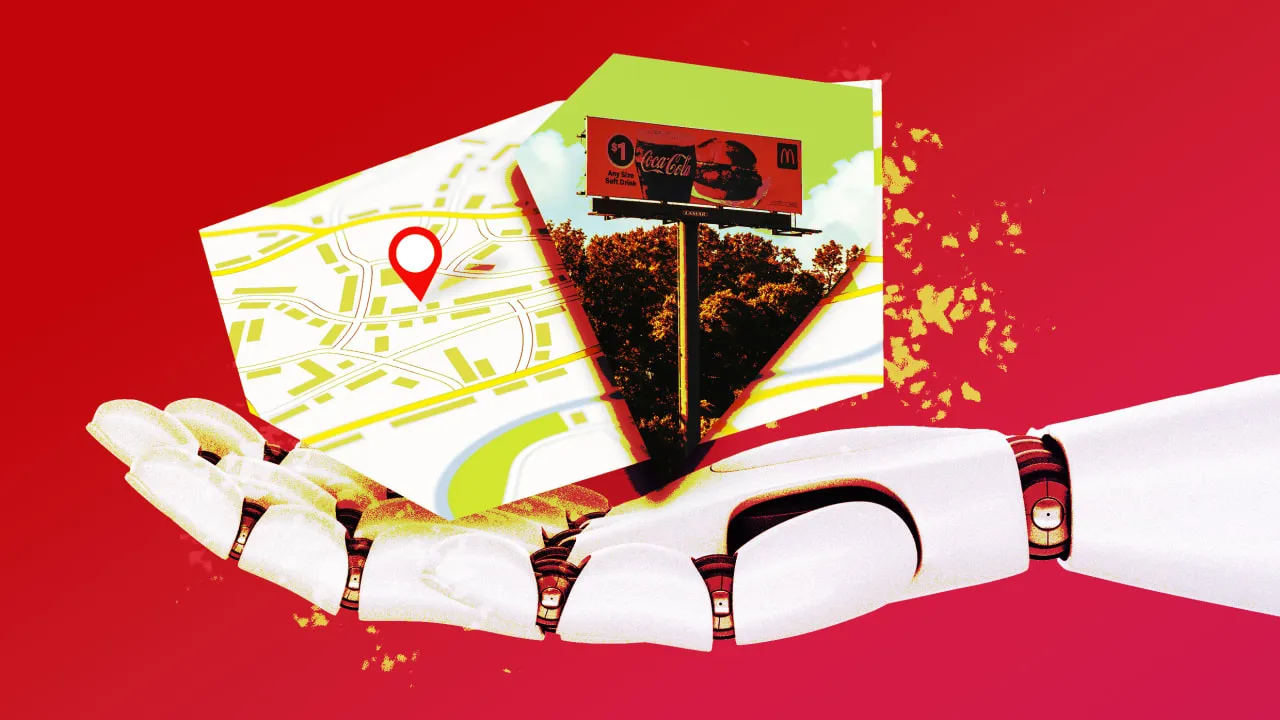AI and Google Maps: Understanding the User as the Product

AI's Role in Mapping User Preferences
AI's influence parallels that of Google Maps, namely in how users are viewed not as customers, but as products. When searching for options, what appears is often dictated by advertising revenue rather than personal preference.
The Shift Toward AI Responsibility
- AI learns from user input, but who benefits from that knowledge?
- The information bias shapes the user experience based on profit motives.
- The increasing dependency on AI for everyday decisions poses risks.
Defining Truth in an AI World
As AI technologies evolve, like ChatGPT, they may dictate our understanding of reality. This transition is prompting a discussion about the integrity of AI outputs and the motivations of their creators.
The Challenge Ahead
- Trusting AI that isn’t free may be necessary for accurate information.
- Users must remain skeptical of AI-generated content.
- A shift in accountability frameworks is essential for maintaining truth.
Ultimately, the responsibility lies in ensuring that truth prevails over profit.
This article was prepared using information from open sources in accordance with the principles of Ethical Policy. The editorial team is not responsible for absolute accuracy, as it relies on data from the sources referenced.